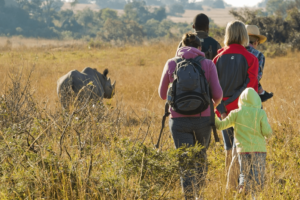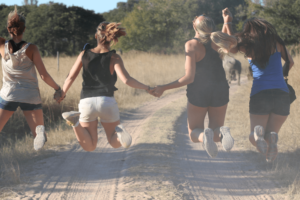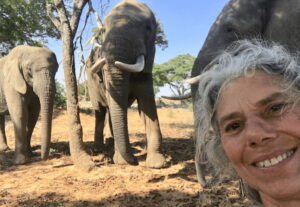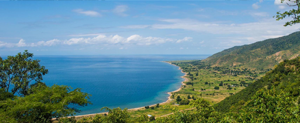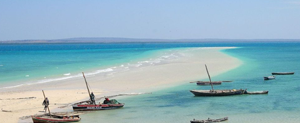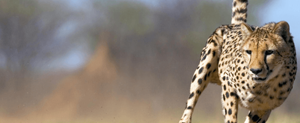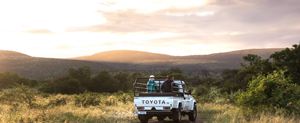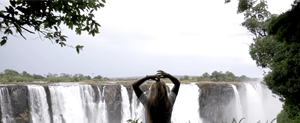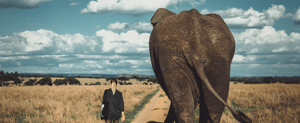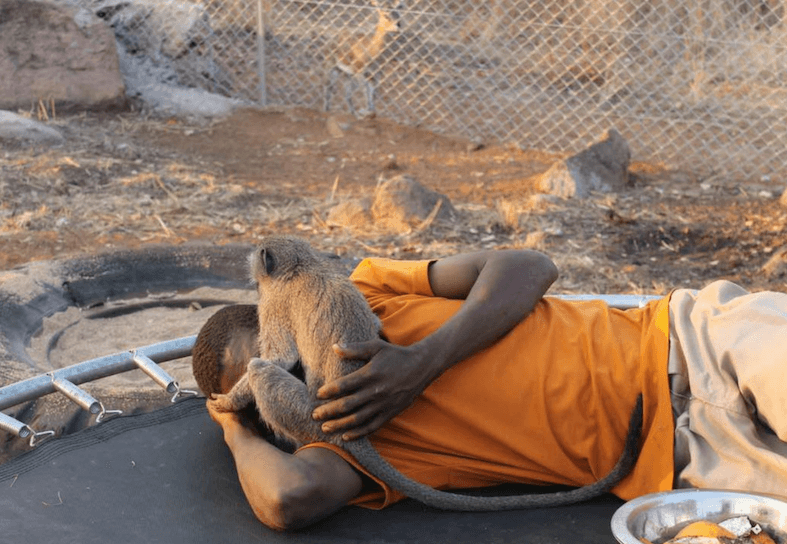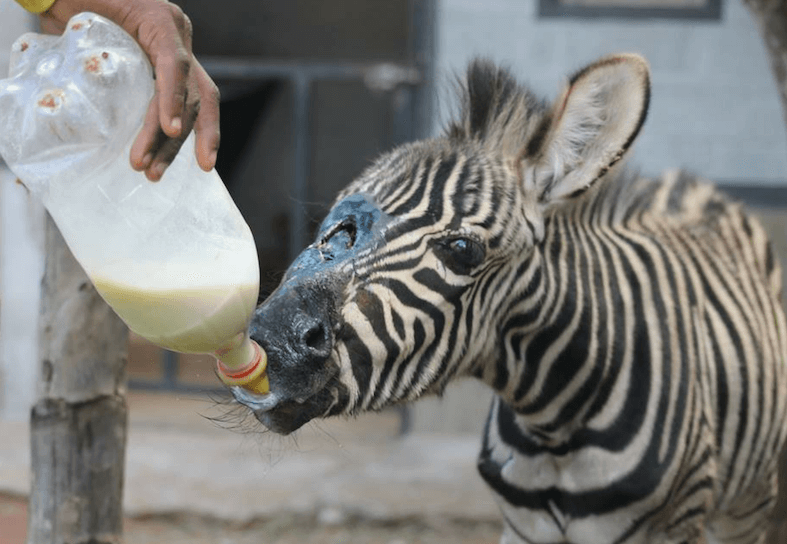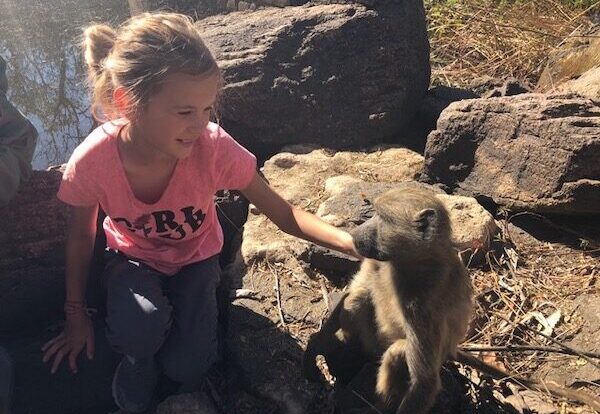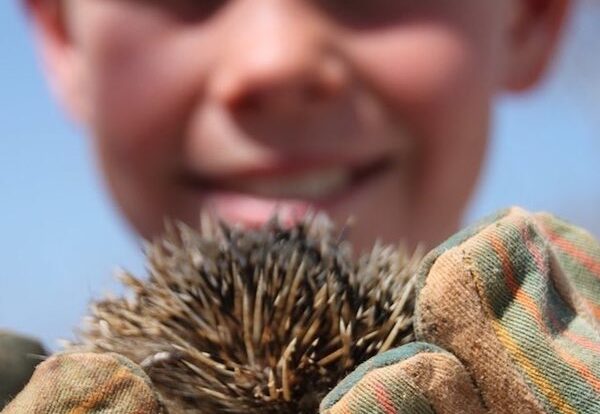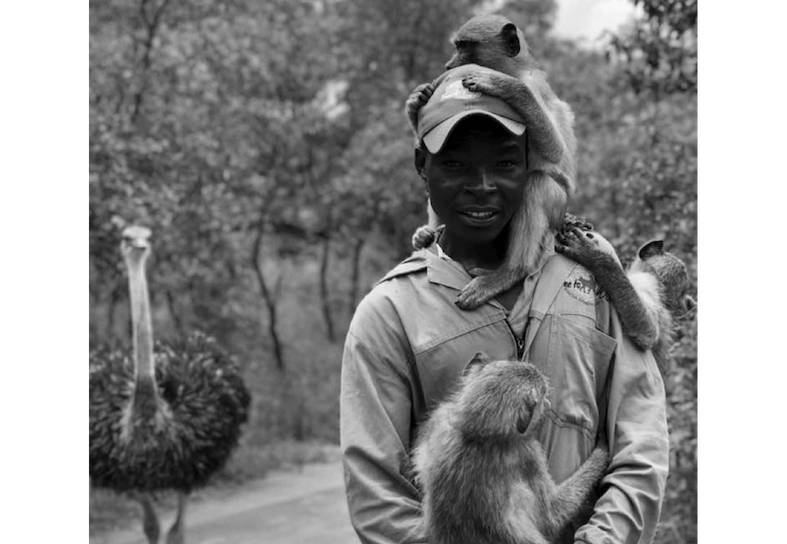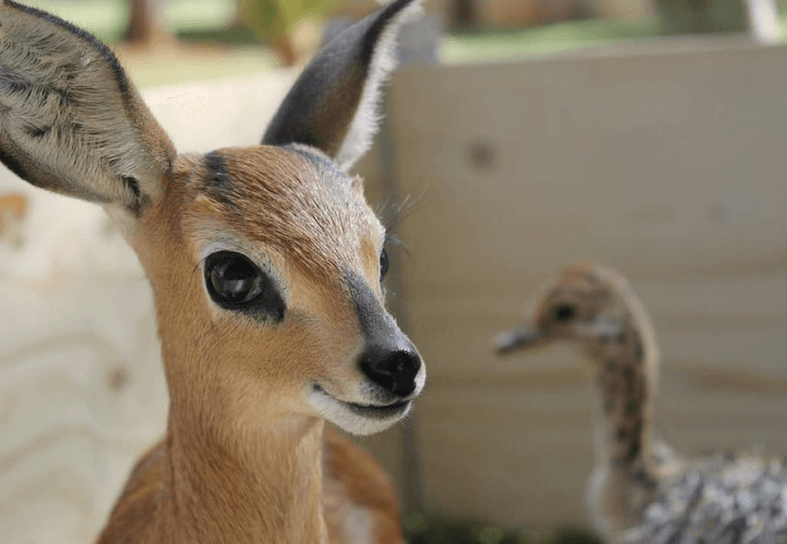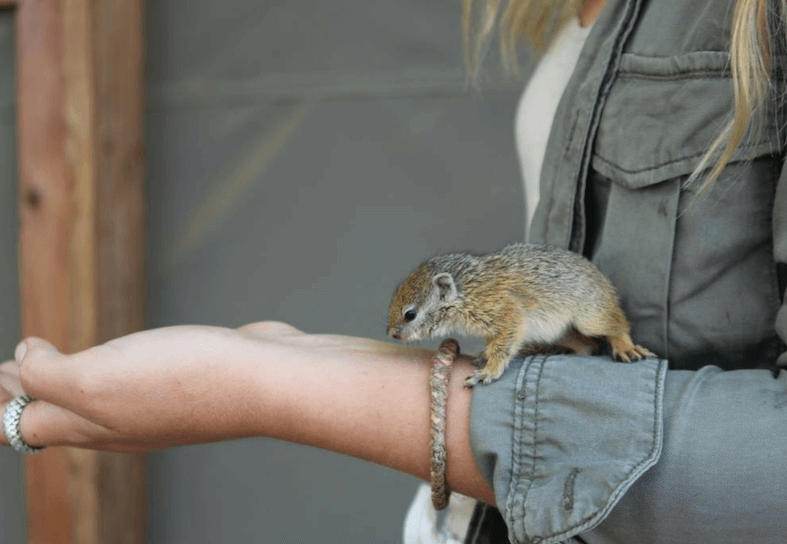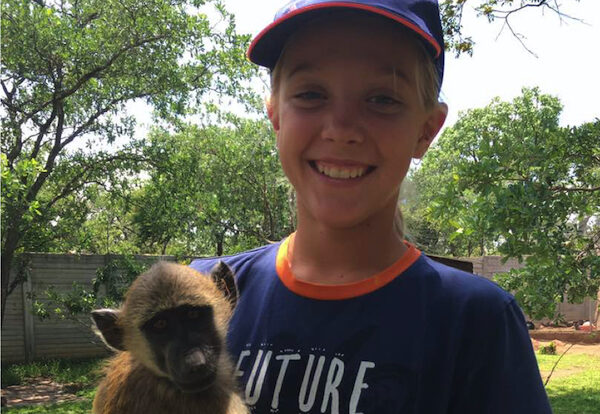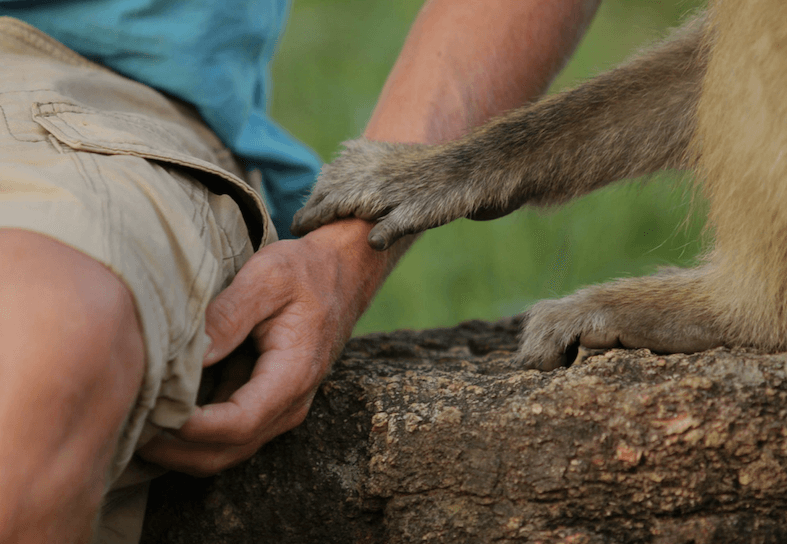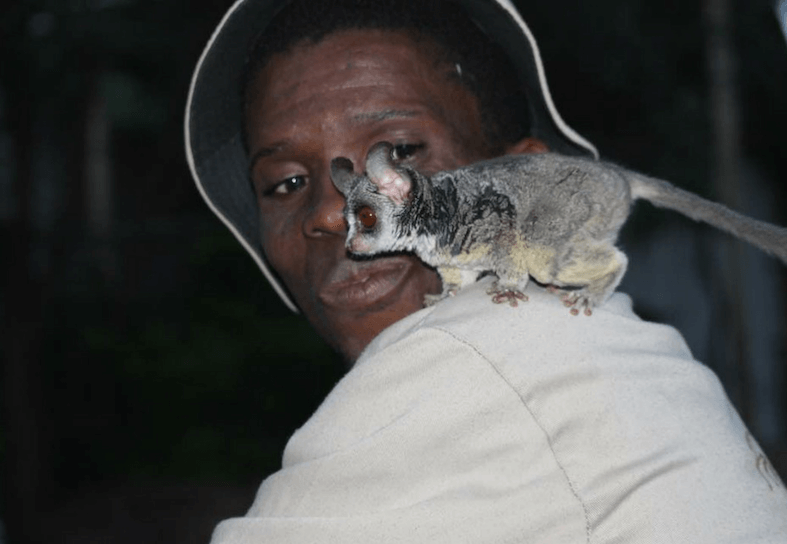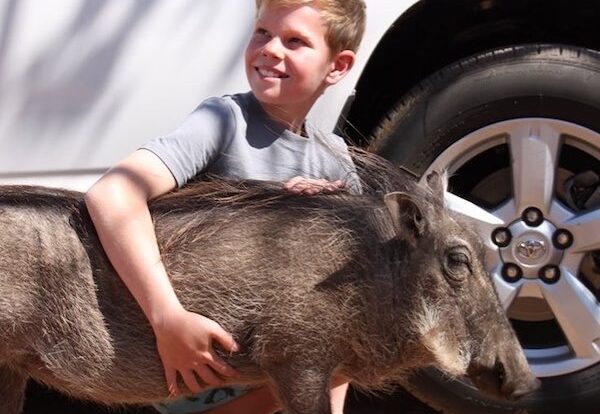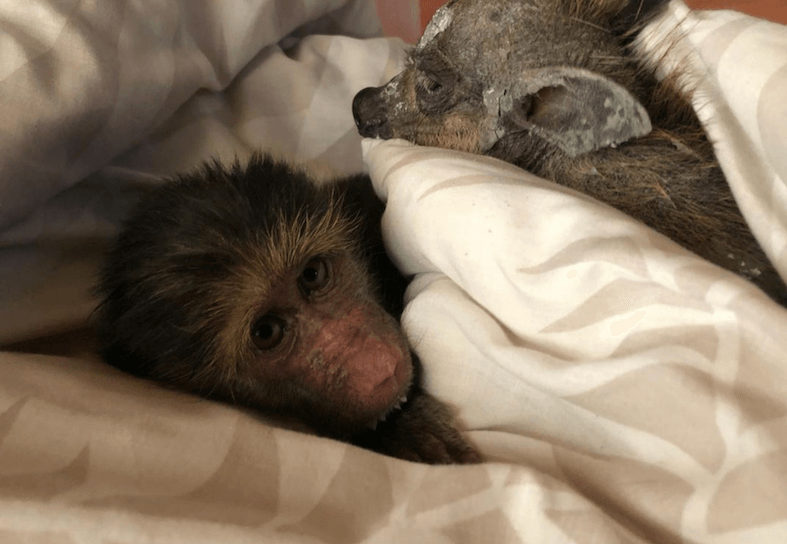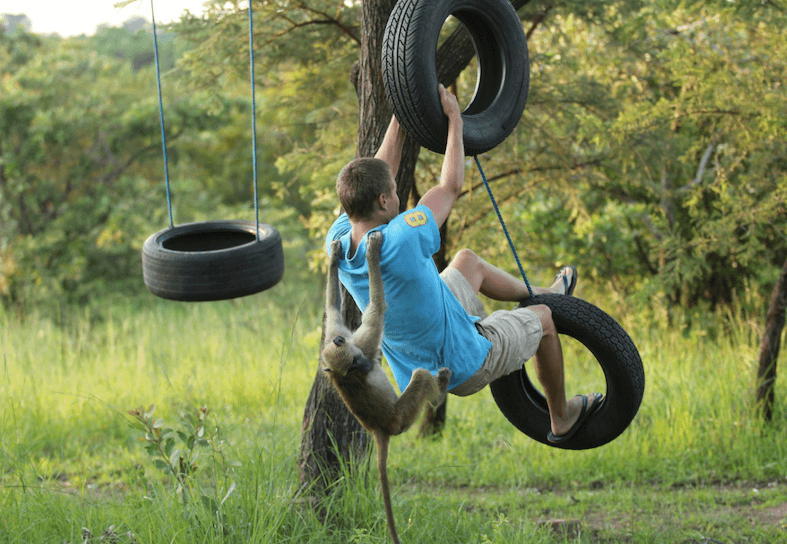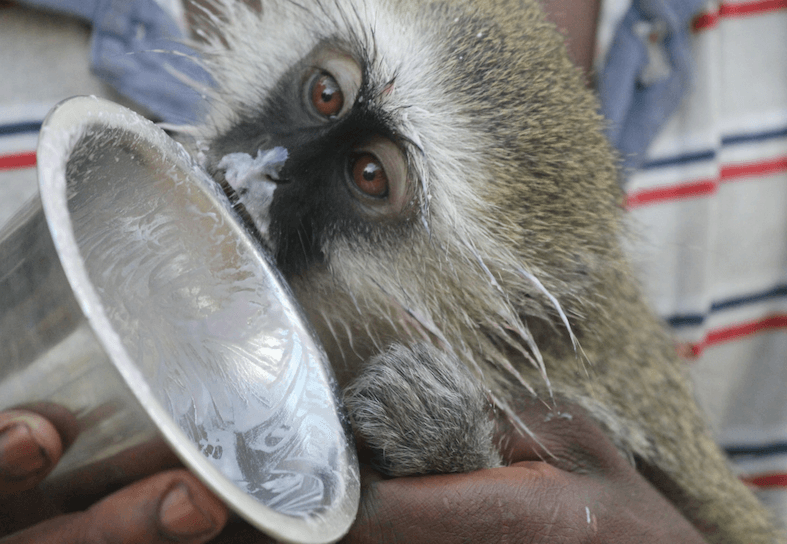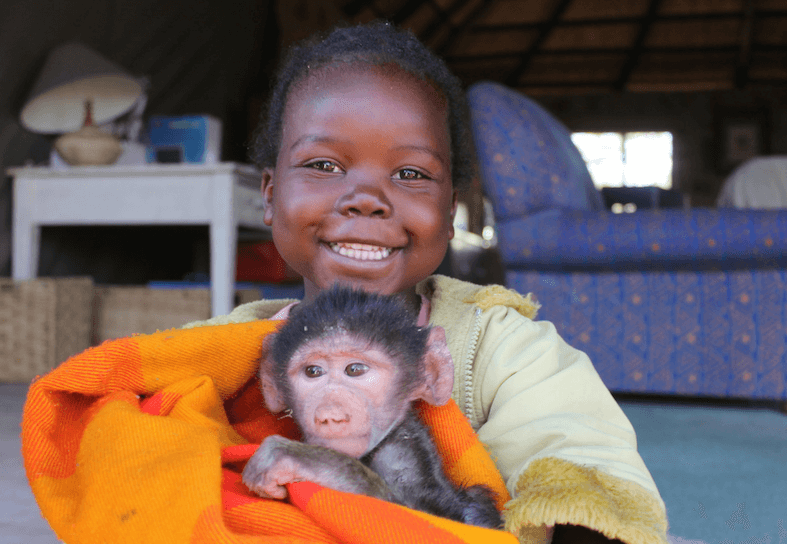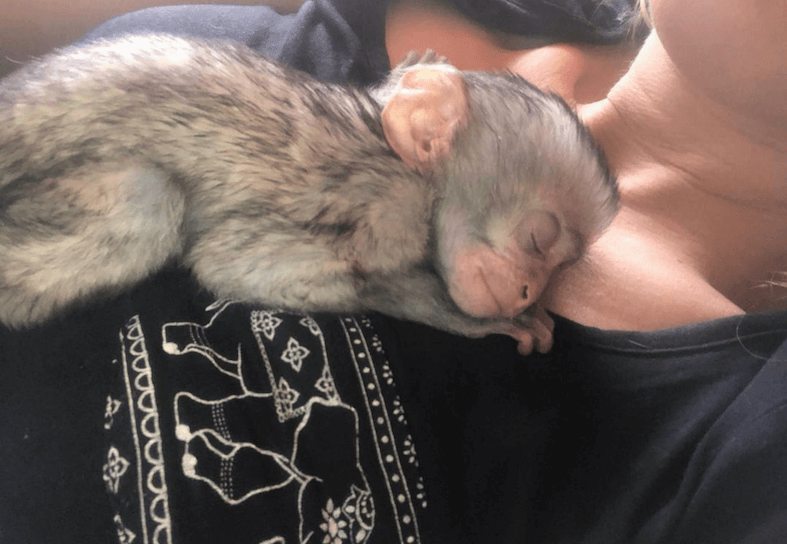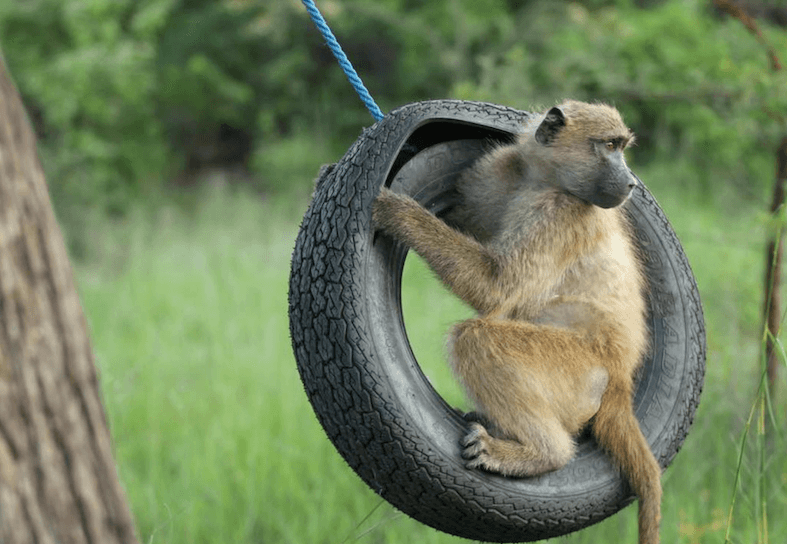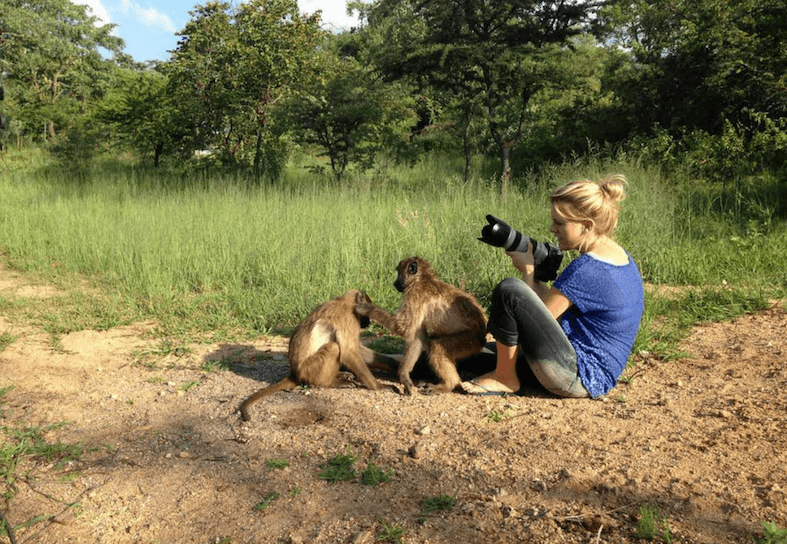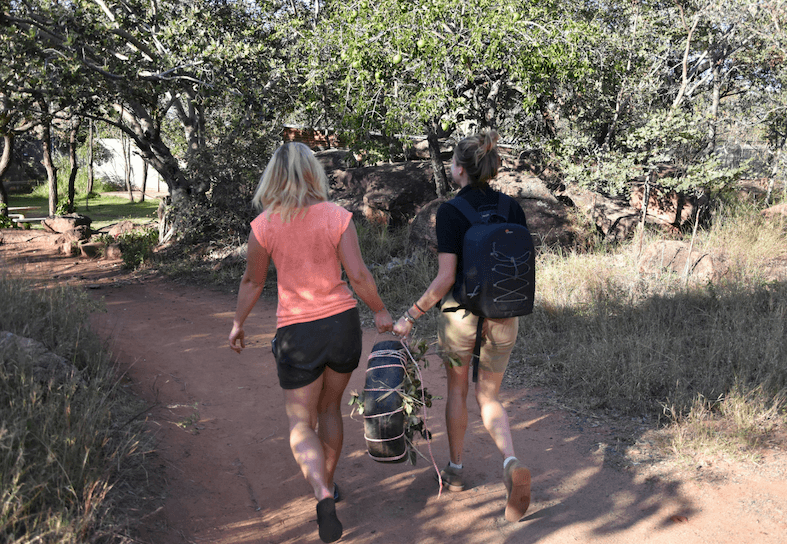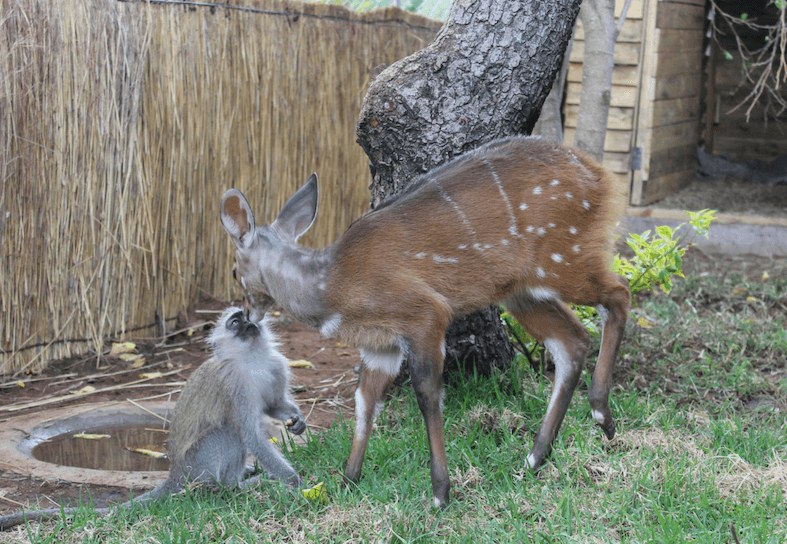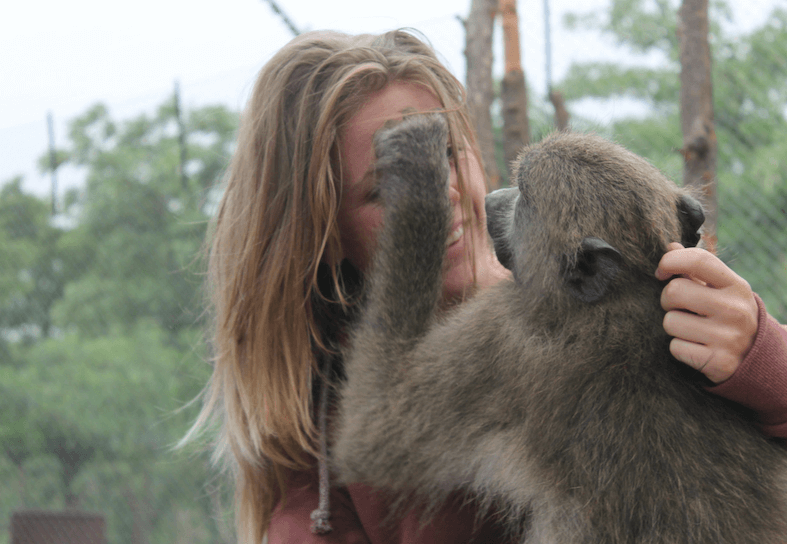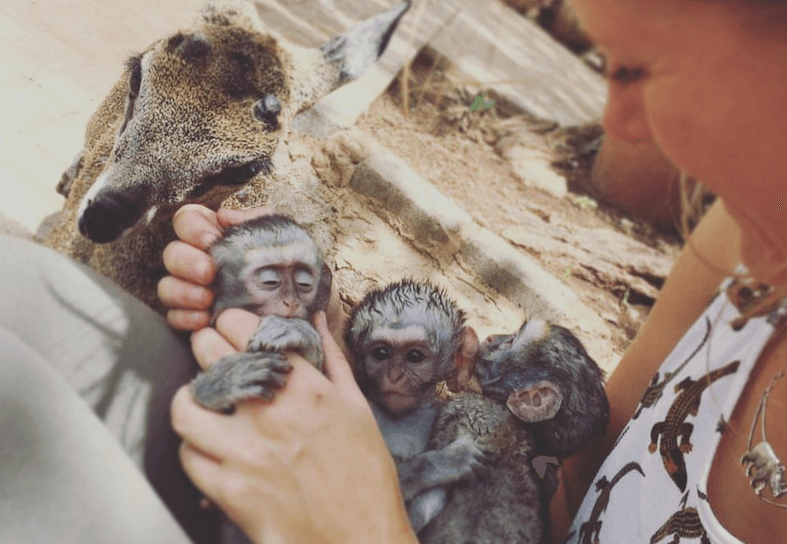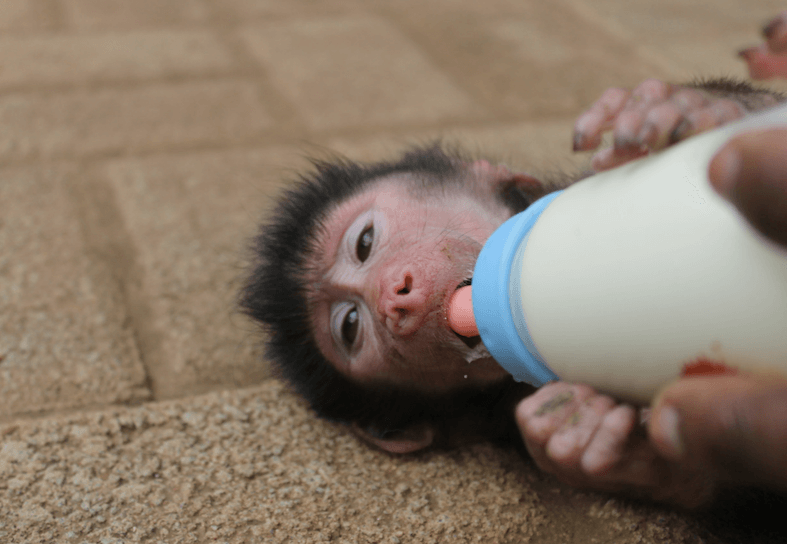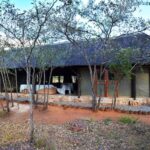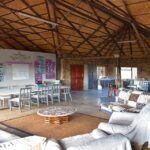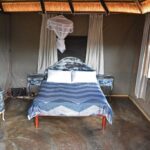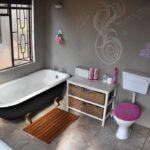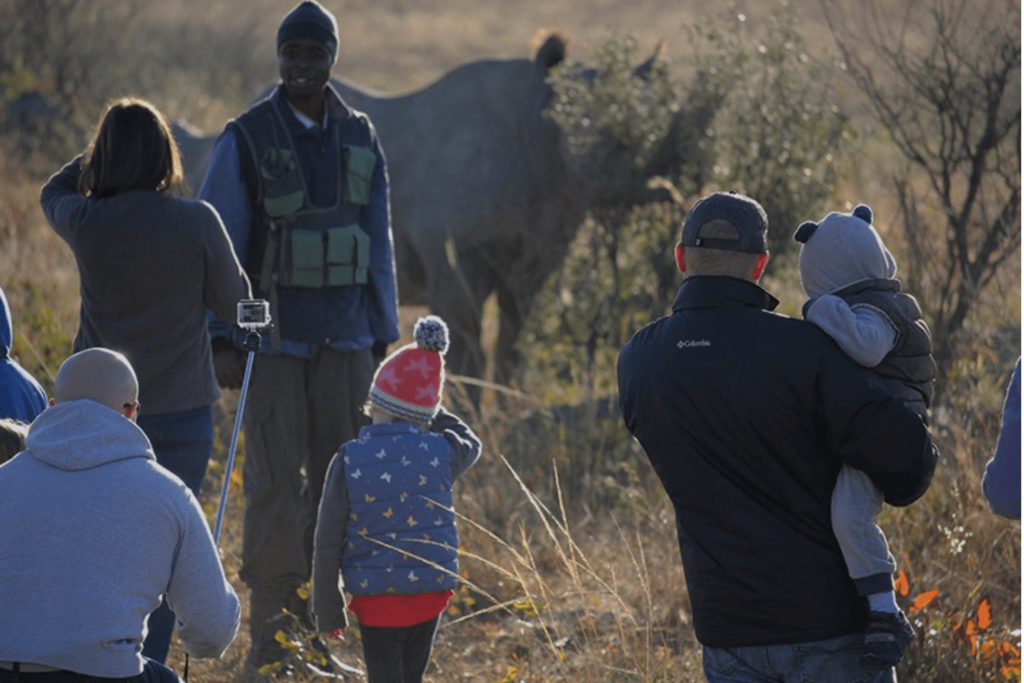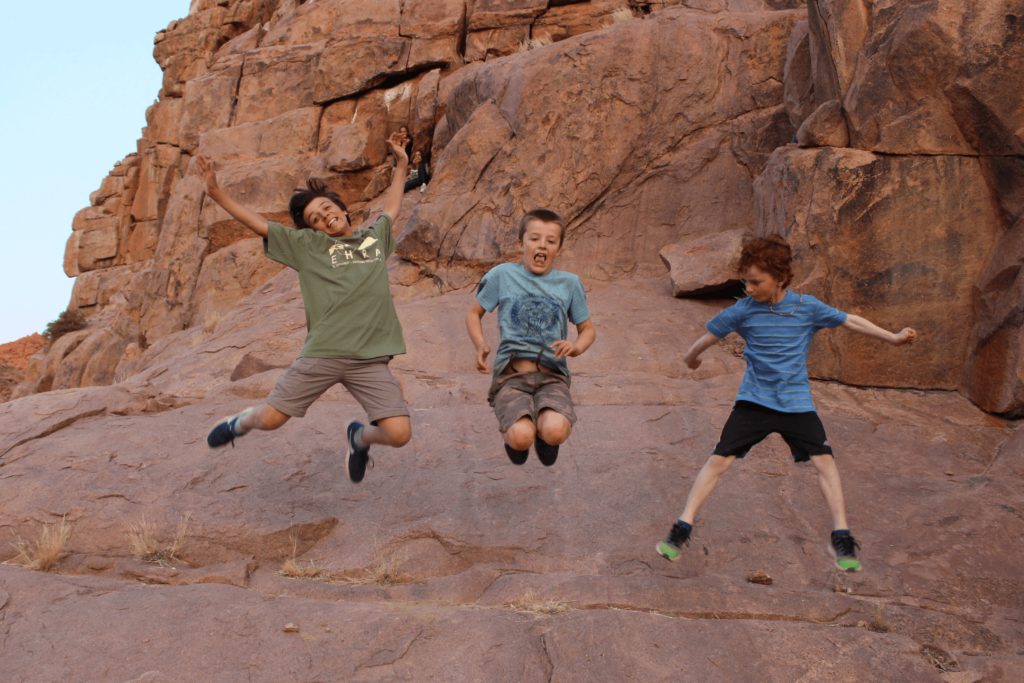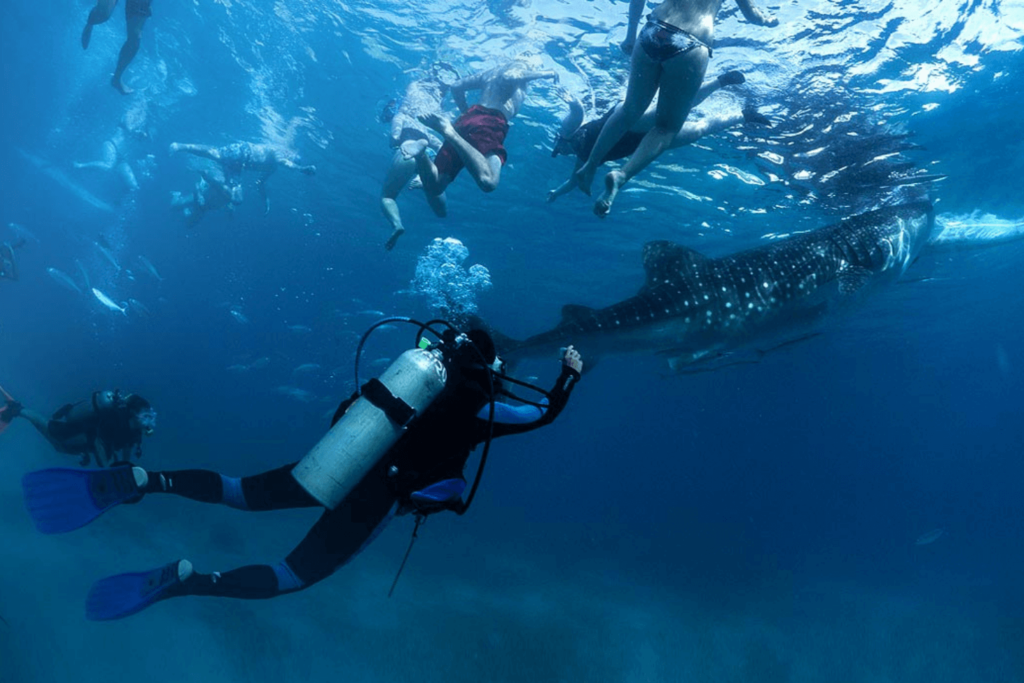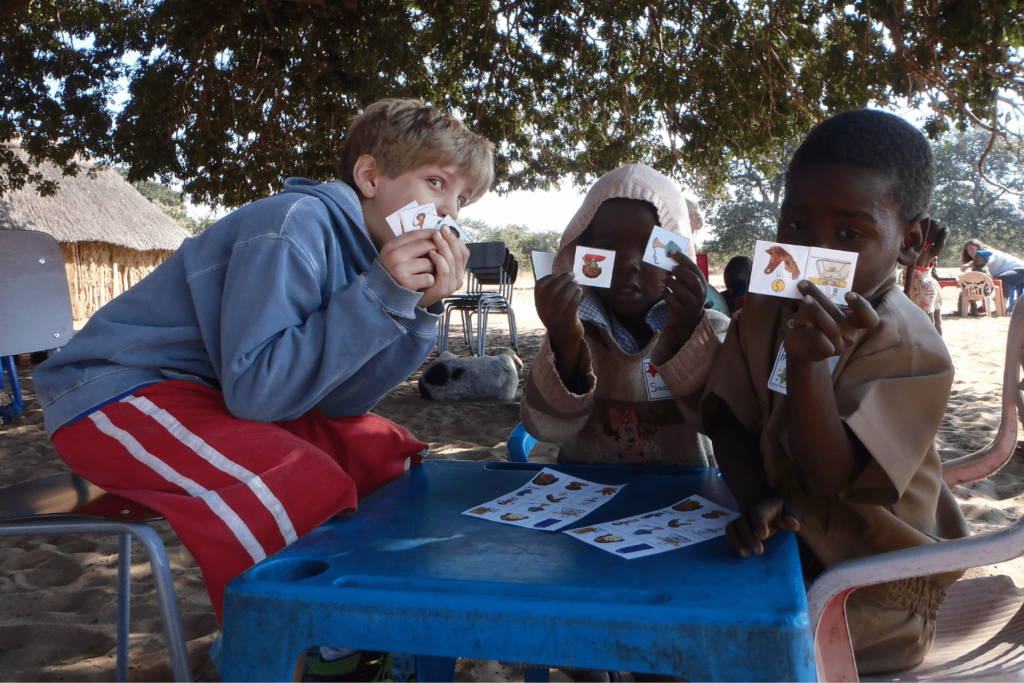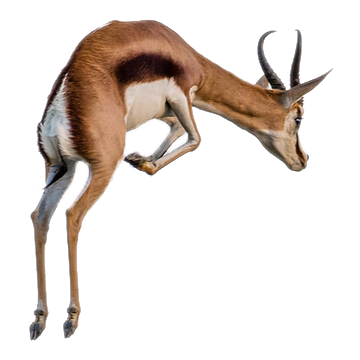Family Volunteering -
Primate Conservation
ZIMBABWE
Zimbabwe
1 - 12 weeks
Flexible
Up to 6 people
Age 5+
From $875
Zimbabwe
1 - 12 weeks
Every Monday
Flexible
Up to 12 people
Max 6
Age 5+
From $875
What's the project about?
This family volunteering project is based at Zimbabwe’s only dedicated primate rehabilitation and release facility, purpose-built to support the ongoing care and eventual release of primates. The facility has grown, and now has an open-door policy to almost all wildlife species in need of care. The focus remains the protection and rehabilitation of primates, who are the often-forgotten victims of the human-wildlife conflict.
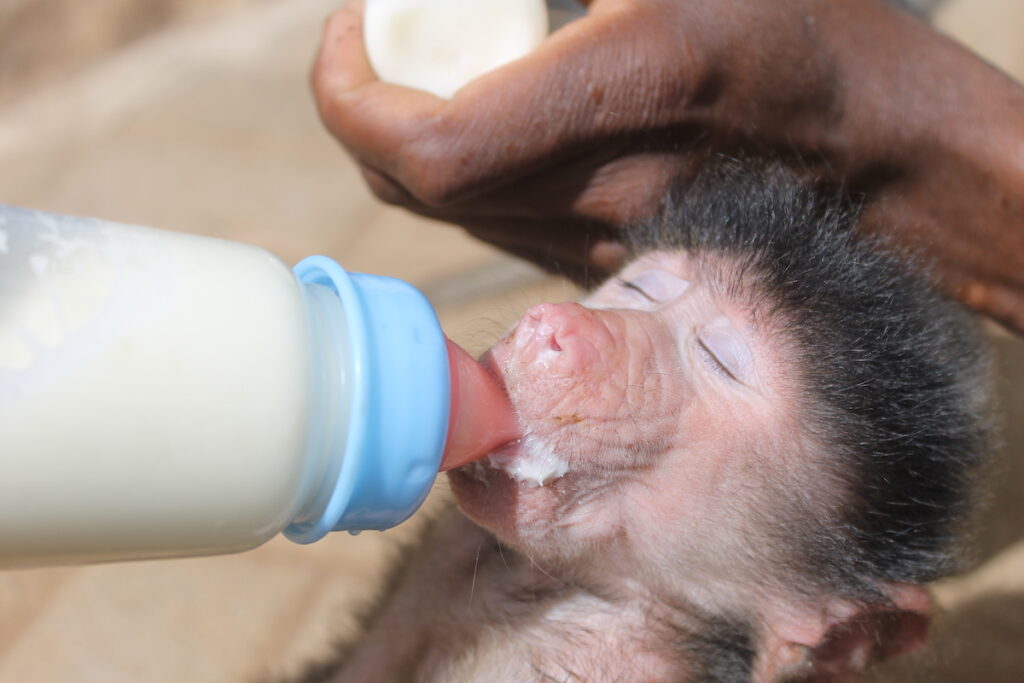
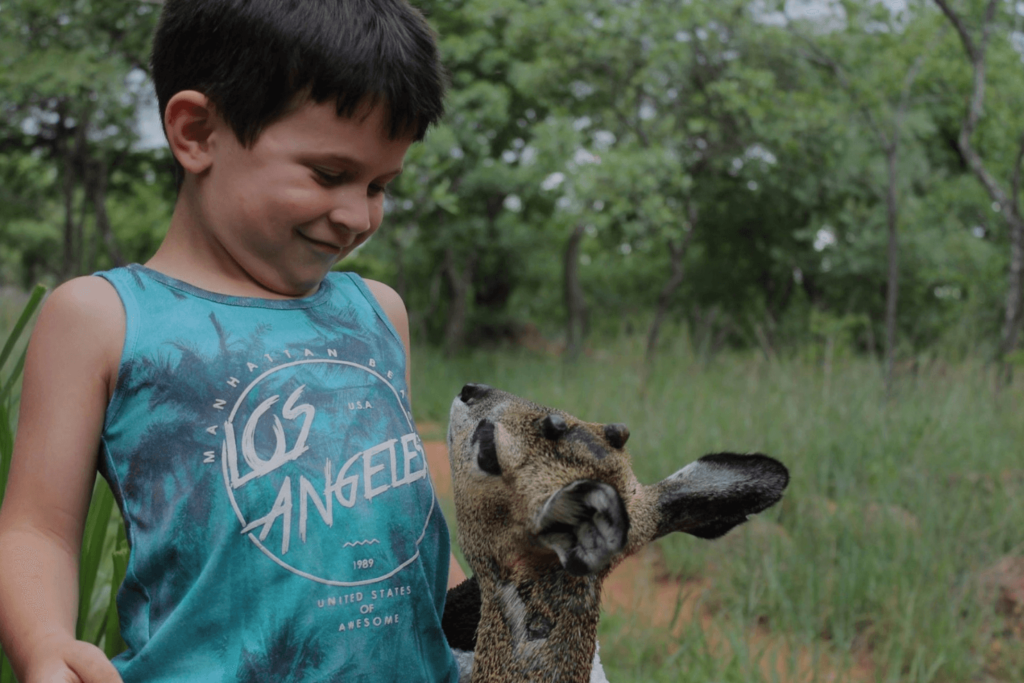
How will I be contributing?
This small wildlife sanctuary programme relies on volunteers to support local staff in all aspects of animal care, working alongside conservationists dedicated to the welfare of their wildlife. There is one goal in mind – the care and release of Zimbabwe’s vulnerable wildlife. Family volunteers of all ages can play an important role in the rehabilitation process, whether it be raising baby monkeys, assisting with release preparation or working with animals that cannot be released.
What makes this project ethical?
The project’s mission is for there to be no captive primates in Zimbabwe. It has a successful and well-documented release programme, and has relocated many once-captive baboons and monkeys into the wilderness of the Matopos National Park. Other smaller animals including pangolins, servals, birds and bush babies have been released into a local nature reserve. The focus of the sanctuary is wildlife release and education.
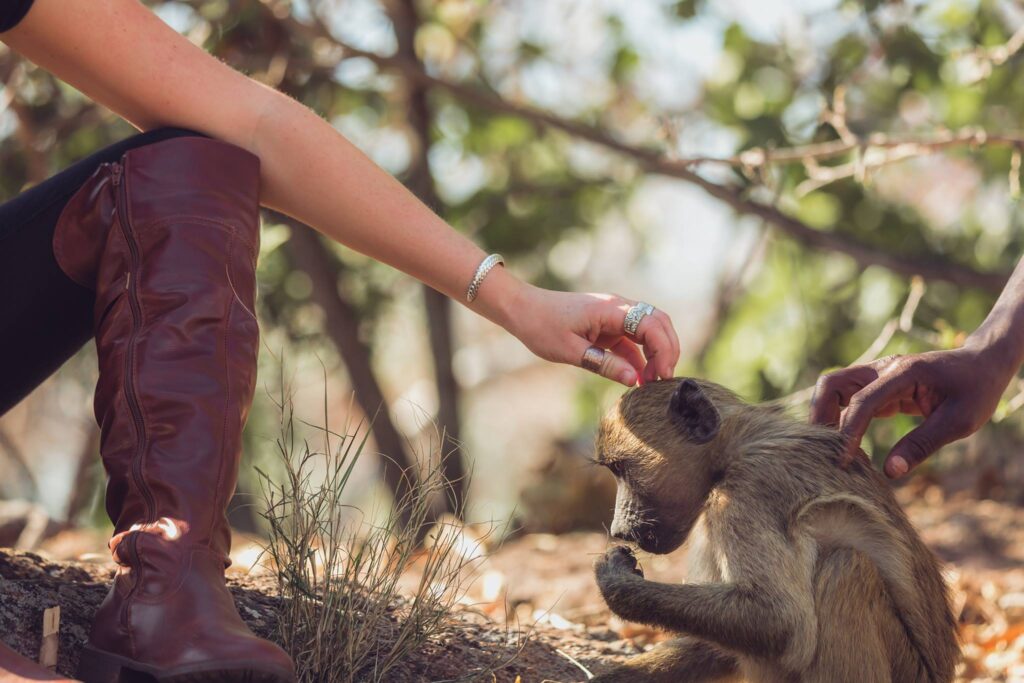
Project showreel
Project gallery
Project information
Our Primate Conservation Family Volunteer Programme gives your family the opportunity to experience small animal care and immerse yourself in the close-knit sanctuary family. The project is the sister programme to our popular Primate Conservation Programme, with some activities adapted to make it suitable for younger children.
Family volunteering is a unique way to immerse yourself and your family in a new country and culture, and experience first-hand, day-to-day life in Africa. In return you will contribute to an important conservation cause. Family volunteering in Africa will be a life-changing experience for your whole family.
The sanctuary has wonderful staff, experienced at teaching children to appreciate and understand the bush, and help them develop leadership and empathy towards people from different cultures.
Family volunteers will usually get involved in some or all of the following activities:
Small animal care:
- Work hands-on with wildlife orphans and vulnerable animals;
- Raise baby and juvenile primates, including bottle feeds (often through the night), bush walks, troop reintroduction and eventual release;
- Work with a range of species including zebra, ostrich, owls, raptors and bush babies, plus a range of domestic animals and birds;
- Assist with food collection, preparation and feeding, encompassing herbivores, carnivores and omnivores.
Behaviour enrichment:
- Experience the joy of accompanying primates (and usually a few other special guests!) on bush walks, stimulating them to explore their natural habitat, forage, play in water, jump and interact as a group;
- Build toys, platforms, playgrounds and other enrichment objects;
- Become part of the troop as you engage and interact with young monkeys and baboons.
Rehabilitation and release:
- Learn about the rehabilitation process and how it applies to a variety of small animals;
- Play a part in individual animals release strategies;
- Monitor released animals (on foot, by vehicle and on horseback).
Become a Wildlife Warrior:
The sanctuary staff are experienced at teaching children the importance of wildlife and environmental preservation. Each day, you and your children will learn about a difference species, meet and interact with the resident animals and birds, learn about their tracks and signs, and have talks about endangered species. There will be practical activities, where children can put their new tracking skills into practice, undertake project work, recreate insect and bird habitats and lots of other fun educational activities – tailored to your children’s ages.
Family volunteers live in the heart of the wildlife sanctuary, in a homely, thatched, brick and canvas house.
There are four bedrooms – two twin rooms, two dormitories and two bathrooms. All bedding and linen are provided. Each room has solar lights, storage and a lock-up trunk for valuables. There is only solar electricity at the project, so make sure to bring plenty of spare batteries for cameras and other electrical items, or solar chargers. The house has an open-plan living room and kitchen, plus an inside dining area. Being on-site means that you are close to the orphans day and night in case you are needed for night-time bottle feeds!
The house has hot and cold running water for showers, with water running from a solar geyser. There is a housekeeper who will make beds, clean and do laundry.
Food and drink
Three meals a day are provided and although there is a cook, volunteers are encouraged to assist and even take turns cooking meals from their own countries. There is a fully equipped kitchen to prepare and cook meals, including a gas fridge and freezer, a four plate gas stove and small oven. A variety of meals are on the menu including pasta, rice, cereals, bread, jams and spreads, oats, meat and cheese, eggs and milk. Fresh fruit and vegetables and other fresh produce are bought every few days, and vegetarians and vegans can be catered for – please let us know when making your booking. Volunteers and the team generally go to a local restaurant for dinner once a week (budget around $20 per person). There is a town trip once a week where you can buy snacks and any extras you may need. Tea, coffee, juice and drinking water are freely available.
Communication
There is no WiFi available at the sanctuary, however, you can purchase a local SIM card and buy data bundles for Facebook, Instagram, WhatsApp and emails, to enable you to keep up to date with the outside world. Do bring games, books and other activities for the evenings.
“The volunteer accommodation is awesome, its relaxed, very open and there are plenty of places to sit back and appreciate your surrounds. I LOVE the house guests that pop in and out, and the resident zebra will definitely stay with me forever. It was nice to be able to cook for ourselves and the availability of food at the local shop was perfect – I’m vegetarian and didn’t struggle at all.”
When can I volunteer?
Arrivals at the Primate Conservation Programme are flexible, and shorter stays are possible. The project is usually closed from mid-December to mid-January.
Project pricing – adults and children aged 9 and over:
1 week: $875
2 weeks: $1,750
3 weeks: $2,625
4 weeks: $3,350
Each additional week $850 up to a maximum of 12 weeks.
If you wish to stay for longer than 3 months, please let us know.
Project pricing – children aged 8 years and below:
1 week: $745
2 weeks: $1,490
3 weeks: $2,235
4 weeks: $2,850
Longer stays are possible, up to 12 weeks – please enquire for details.
All prices are in USD.
What’s included in the cost?
- Project contribution: this goes directly to our project partner, and provides funding to ensure the programme can continue to meet its goals. For this project it will cover things like staff costs, equipment purchases, maintenance of buildings, equipment and vehicles, veterinary fees, animal feed, fencing, and funding for community projects;
- Accommodation and three meals per day;
- Return airport transfers;
- Laundry and housekeeping;
- Comprehensive orientation and supervision;
- Practical instruction and equipment required to do your work.
What’s not included?
- Flights or travel to Bulawayo, Zimbabwe;
- Visa fees (variable depending on nationality);
- Travel insurance (compulsory);
- Personal expenses such as souvenirs, drinks, snacks;
- Pre and/or post programme accommodation (if required);
- Additional excursions;
- Local SIM card and data/airtime bundles (optional);
- Administration fee ($40).
View our booking terms and conditions.
Combination projects!
We highly recommend combining this Primate Conservation Project with a week or two (or longer!) at our Rhino & Elephant Conservation Family Programme, also in Zimbabwe. Experience life in a 10,000 acre private conservancy, dedicated to the protection and breeding of the endangered black rhino. Click for more details of our combination Conservancy & Rehabilitation Family Project.
The project’s primary goal is for there to be no captive primates kept in Zimbabwe. This includes primates kept as exotic pets, victims of the illegal wildlife trade, or those affected by conflict situations.
Baboons and monkeys are considered pests by farmers, and are often poisoned or shot. This results in both horrendous injuries and numerous orphaned babies, who, if not rescued, often spend their inevitably short lives in small cages. The success of primate release in Southern Africa is an admirable 97%, and the sanctuary works hard to maintain this high standard.
The sanctuary has an open-door policy to all animals in need of care, where the focus is also on eventual release, either back into wilderness areas, or into a phase two release site within a local wildlife reserve. Releases of animals and birds by the project are well-documented and have a high success rate.
Alongside the project’s rehabilitation and release goals, they work hard to ensure the long term protection of Zimbabwe’s wildlife through a unified approach to conservation – involving communities and other environmental stakeholders. Their work demonstrates how small animals can successfully exist alongside local communities, and they encourage communities to report problem animals rather than take their own action.
The sanctuary was founded in 2013, when an orphaned baby baboon brought to the founder to raise. The formation of the sanctuary was then still a long way off, but a promise was made to the baboon, that one day she would be returned to the wild.
It remains the only dedicated primate rehabilitation and release facility in Zimbabwe. Since 2014, when the sanctuary was purpose-built to house primates, the centre has grown and now has an open door policy to any animal in need of care.
The project’s mission is for there to be no primates in captivity in Zimbabwe, and has a very successful release record, having relocated many once-captive baboons and monkeys back into the wilderness of the Matobo National Park – one of the country’s largest and most unspoilt areas. Other small animals, including pangolins, servals, owls and bush babies, have been successfully released into a Phase two release site in a local wildlife haven.
Who should volunteer on this project?
This is a wonderful experience for families of all ages, where you will experience Africa in a safe environment, work hard and complete activities as a family. No experience is required, just a positive, can-do attitude and a passion for wildlife and the outdoors. The small team makes this a great, hands-on, personal experience.
How old do I need to be?
The minimum volunteering age for the project is ideally 5-6 years, although younger siblings can usually be accommodated. There is no upper age limit, but for volunteers aged over 65, we do require your medical form to be signed by a doctor. There is some walking over uneven terrain, so volunteers should be of reasonable mobility. You should be able to communicate reasonably well in spoken English.
How many people will there be?
There are usually between 6-8 volunteers. Families are usually accommodated together if possible.
When can I join?
Volunteers should aim to arrive and depart on a Monday, although start dates can be flexible. The project is usually closed from mid-December to early January, but please enquire for available dates over that time.
What food will I eat?
Food is provided for breakfast, lunch and dinner, and volunteers are responsible for making their own meals – the volunteer co-ordinator will assist. A range of food is provided, but if you have any dietary requirements, please let us know when you sign up for the programme. Vegetarians, vegans and other dietary requirements can be catered for. Tea, coffee, juice and drinking water are freely available.
When is the best time to come?
December to February is known as ‘orphan season’ when most baby animals, particularly primates, are born. Some of these animals become orphaned, either because their parents are killed in accidents, or because of the illegal bushmeat and exotic pets trades. Many of them are brought to the sanctuary for rehabilitation and care before their eventual release.
From a weather perspective; April – October is the dry season, with the rains usually coming again in mid to late November. June – September is winter, characterised by warm, sunny days, clear blue skies and cool evenings and nights. October is the hottest month, with temperatures in the area reaching 30-32 degrees. November – March is summer, where rain showers are intermingled with hot, sunny days and temperatures of over 30 degrees.
Do I get some time off?
Volunteers work from Monday to Saturday lunchtime. Saturday afternoon and Sunday is leisure time, where you can go fishing, canoeing or hiking, or relax by the pool at the volunteer house. We highly recommend a weekend excursion to Victoria Falls (a one hour flight), which can easily be organised.
How long can I volunteer for?
The minimum recommended project length is one week, and the maximum stay is twelve weeks.
How much spending money should I bring?
We recommend bringing around $100 per week in USD to cover personal expenses such as drinks, souvenirs, t-shirt, snacks, tips and internet usage. Flights to Victoria Falls from Bulawayo will cost around $150 per person, and there is a range of accommodation in Victoria Falls to suit all budgets.
Do I need a visa?
Most nationalities, including British, American, Canadian, Australian and most EU citizens, can get a 30-day tourist visa upon arrival into Harare. Fees are dependent on nationality and range from $30 – $75 (paid in USD cash). Extensions are available from the Department of Immigration in Harare, up to a maximum stay of 6 months. It is your responsibility to check your visa eligibility prior to arrival.
What animals will I encounter?
The sanctuary is currently home to nine baboons, 14 vervet monkeys, antelope, bush pigs and warthog, an ostrich, various birds and raptors, mongoose, bush babies and four deaf Dalmatians.
What vaccinations do I need?
Please consult your GP or travel clinic for detailed medical advice. All volunteers should make sure their Tetanus, Polio and Hepatitis A and B are up to date. A rabies vaccination is recommended but not compulsory.
Malaria – the project is regarded as a low-risk malaria area, but please consult your GP for guidance.
Please visit this UK government website for more details.
Volunteer reviews
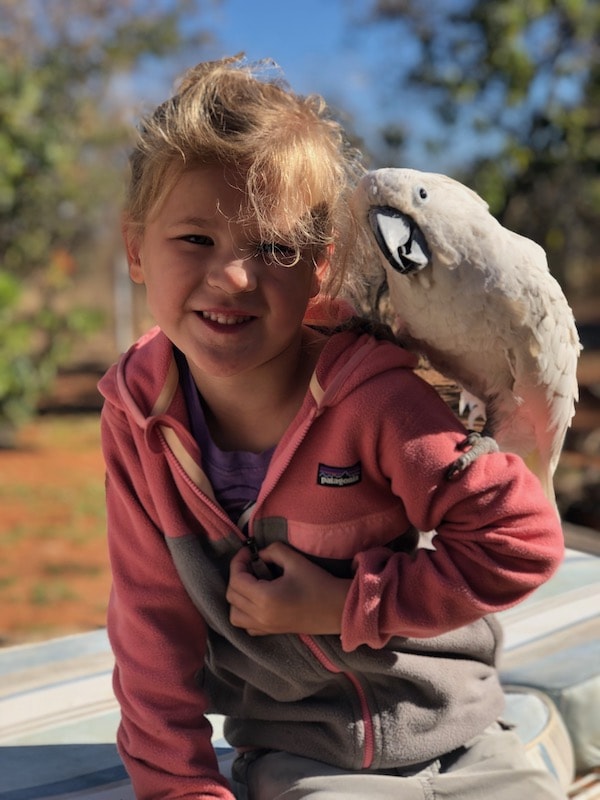
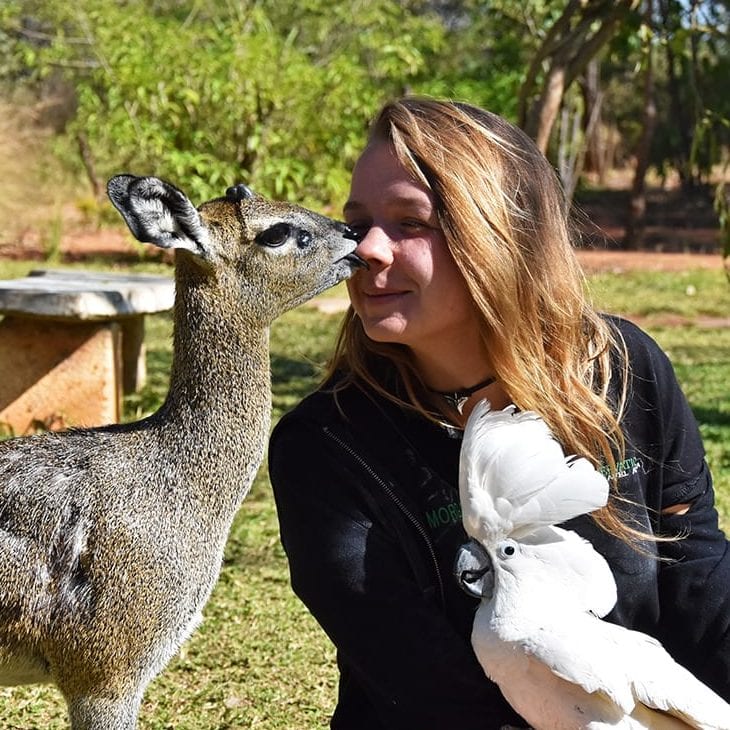
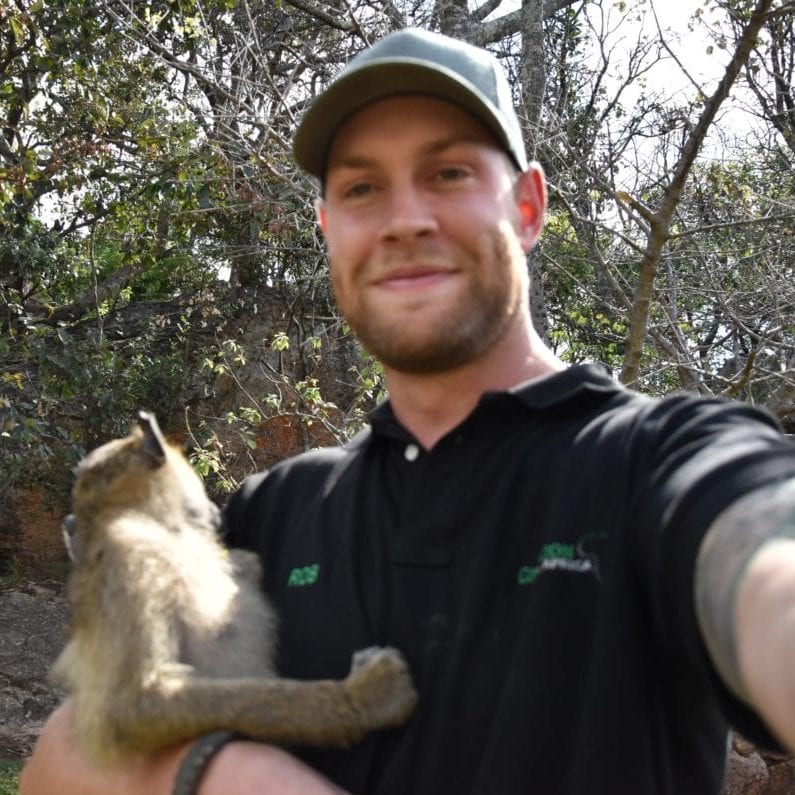
Other projects you might be interested in
Live in the heart of a family-run conservancy in Zimbabwe. Interact with rhinos and elephants, visit rural communities and learn from experienced guides.
From $950
1 - 8 weeks
A hands-on programme in Namibia where families work on building projects in desert communities, plus track and monitor the rare desert-adapted elephant.
From £950
2 weeks
Take the kids on a beach holiday with a difference! Learn to dive in a spectacular location, and contribute to research into whale sharks, manta rays and marine turtles.
From £1,980
2 - 16 weeks
Learn about other cultures, engage with schoolchildren, teachers and farmers, and live in the community. Get a fresh perspective and appreciate different ways of life.

